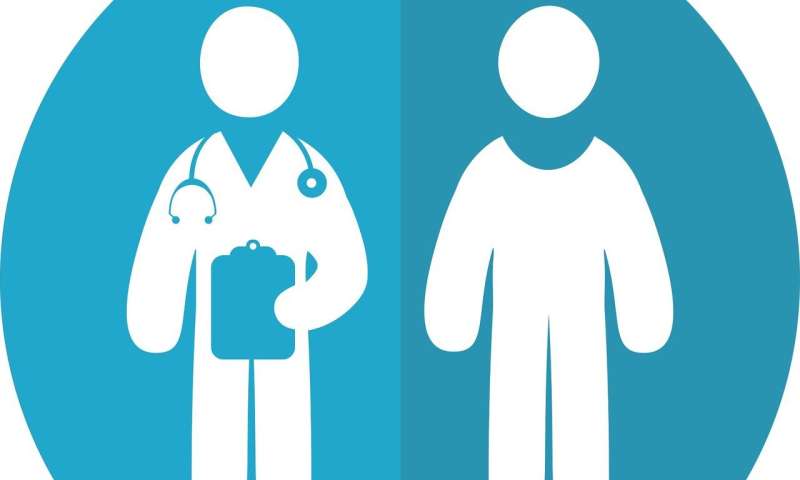Credit: CC0 Public Domain
A study published today in the Journal of the American Medical Association Internal Medicine revealed that older persons are highly likely to be excluded from the majority of COVID-19 trials that seek to establish effective treatments, as well as find a preventive vaccine. This is despite the fact that older persons are overwhelmingly impacted by COVID-19. Globally persons 65 and older make up nine percent of the population, yet account for 30—40 percent of COVID-19 cases and 80 percent of COVID-19 deaths. Sharon K. Inouye, M.D., M.P.H., Director of the Aging Brain Center in the Hinda and Arthur Marcus Institute for Aging Research at Hebrew SeniorLife, is senior author on the study.
Researchers viewed how often all the COVID-19 clinical trials registered in https://www.clinicaltrials.gov/ from October 1, 2019 to June 1, 2020 did not include older people. This was determined by reviewing direct age-based exclusions or exclusions that preferentially affect older persons, such as the presence of other diseases, or requiring Internet or smart phones to participate. Their findings indicate that older adults are highly likely to be excluded from more than 50 percent of COVID-19 clinical trials and 100 percent of vaccine trials. Inclusion of older adults in clinical trials is critical to ensure equitable access to these treatments.
According to the study, it is important that COVID-19 clinical trials enroll older persons to ensure effectiveness of treatments and to find the proper dosing in this age group, which can be different from other age groups due to physiological changes that come with age. The researchers who participated in this study are particularly concerned that exclusion of older adults from clinical trials may lead to treatments that are ineffective but may even be toxic for older adults.
"To be sure, some exclusions are needed to protect the health and safety of older adults— such as poorly controlled comorbidities," said Dr. Inouye. "However, many are not well-justified, and appear to be more for expediency or convenience of the trialists. We are concerned that the exclusion of older adults from clinical trials will systematically limit our ability to evaluate the efficacy, dosage, and adverse effects of COVID-19 treatments in this population."
More information: Journal of the American Medical Association (2020). DOI: 10.1001/jamainternmed.2020.5084
Journal information: Journal of the American Medical Association
Provided by Hebrew SeniorLife Hinda and Arthur Marcus Institute for Aging Research
























